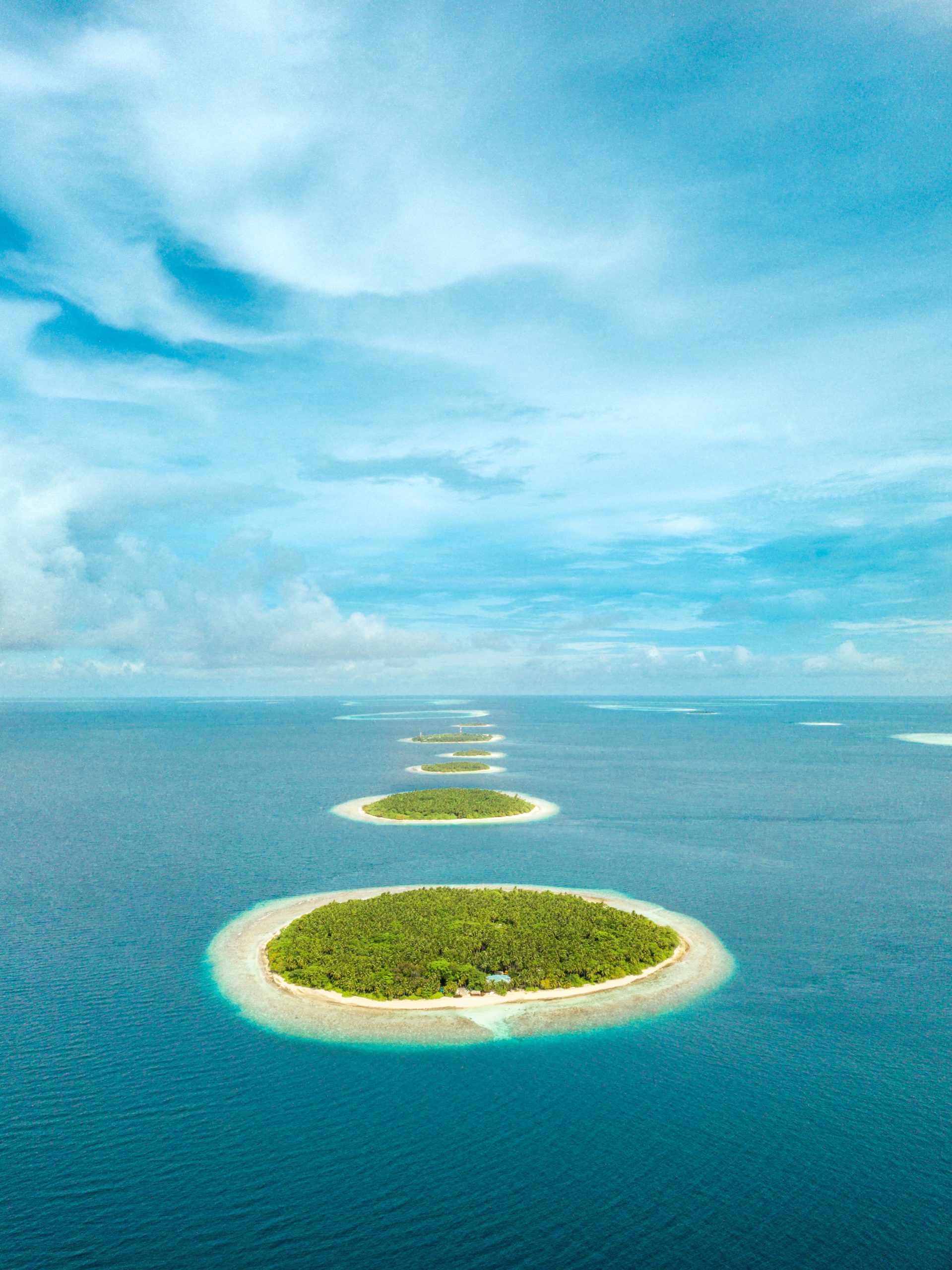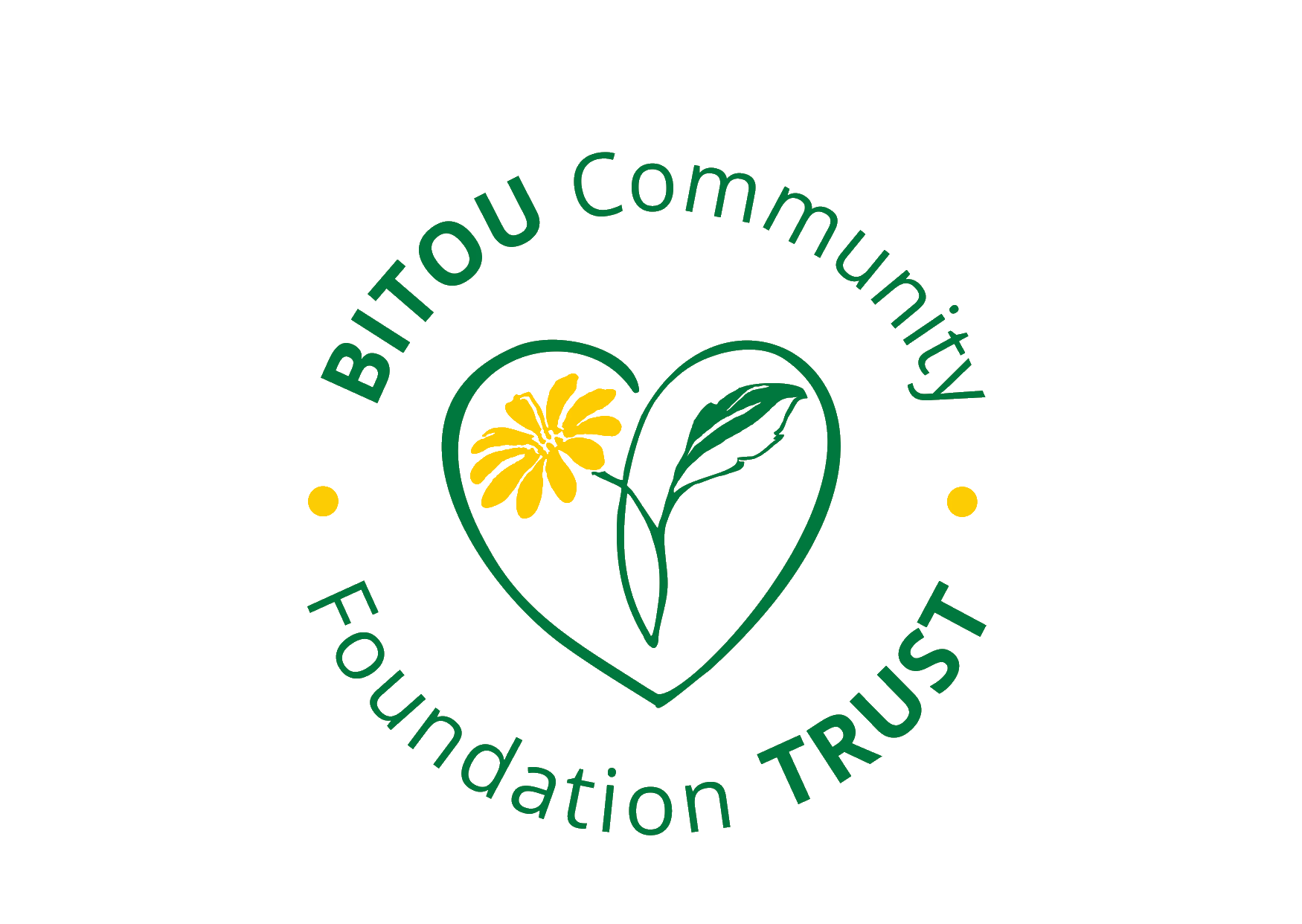The Silent Guardians: How Oceans Shield Us from Climate Catastrophe
In a riveting conversation between Laurie Laybourn and Hugo Tagholm in London last week, and a week before that with Daniel Pauly and Beto Bedolfe in New York, we learned of crucial role our oceans play in mitigating the worst effects of climate change. Their discussions revealed both the immense power of our oceans and the urgent need to protect these vital ecosystems. This makes our work at Bitou Trust all the more important!
Oceans: The Unsung Heroes of Climate Regulation
Laurie Laybourn paints a vivid picture of our oceans as silent guardians, absorbing an astonishing amount of heat and carbon dioxide generated by climate change. He explains that the oceans have been taking the brunt of global warming, acting as a massive buffer that has, so far, shielded us from experiencing the full force of climate change on land.
However, this protective capacity is not infinite. Laybourn warns that we may be approaching a tipping point where the oceans can no longer absorb more heat without dire consequences. The potential collapse of this oceanic buffer would be nothing short of catastrophic for global climate systems.
The Delicate Balance of Marine Ecosystems
Daniel Pauly gave a sobering historical perspective, highlighting how humans have “eaten through” terrestrial ecosystems and are now doing the same to marine environments. This underscores the urgency of marine conservation efforts.
All emphasised the interconnectedness of marine ecosystems and their role in maintaining climate stability. From coastal mangroves to deep-sea habitats, each part of the ocean plays a vital role in regulating our planet’s climate.
Community Action: The Key to Coastal Conservation
One of the most inspiring and hopeful part of the discussion was the focus on community-driven conservation efforts. Hugo Tagholm, drawing on his work and experience with Surfers Against Sewage, illustrates how community activism can lead to significant policy changes. Coastal communities, acting as frontline observers, can mobilise action and bring attention to critical issues affecting ocean health.
The importance of developing knowledge and understanding with local communities not only enhances the effectiveness of conservation efforts but also empowers communities to take an active role in protecting their environments.
This is where organisations like the Robberg Coastal Corridor and PlettAid Foundation come into play. These local South African initiatives demonstrate the power of community action in conservation in the coastal communities of the Bitou region.
- The Robberg Coastal Corridor project aims to protect a critical stretch of coastline, preserving both terrestrial and marine ecosystems. By involving local communities in conservation efforts, they’re ensuring long-term sustainability of these vital areas.
- The PlettAid Foundation focuses on community development, health and welfare and recognises the intrinsic link between community well-being and environmental health. Their work in the Plettenberg Bay area contributes to building resilient communities that can better protect their natural resources.
These organisations embody the spirit of community-driven conservation that the experts advocate for in their conversation.
The Path Forward: Hope in Action
Despite the daunting challenges presented by climate change and ocean degradation, the conversation is not without hope. The experts emphasize that through collective action, innovative thinking, and a shift in consciousness towards our relationship with nature, we can make a significant impact.
Speakers all emphasised the need for a transformation in education and public awareness. We must move beyond merely informing people about climate change to empowering them with the tools and knowledge to take action. This involves rethinking our education systems to include a deeper understanding of our interconnectedness with natural systems, particularly our oceans.
As we face the climate crisis, let’s remember the silent work of our oceans and the power of community action. By supporting local conservation efforts and pushing for broader policy changes, we can help ensure that our oceans continue to protect us for generations to come.
The message is clear: the time for action is now, and it starts in our own communities. Whether it’s supporting initiatives like the Robberg Coastal Corridor, getting involved with organisations like PlettAid Foundation, or starting our own local conservation projects, we all have a role to play in protecting our oceans and, by extension, our planet’s future. As Laurie Laybourn points out, our land-based resilience is deeply dependent on ocean health. By recognising this interconnectedness and empowering coastal communities to act as stewards of these crucial ecosystems, we can work towards a more sustainable and resilient future for all.
IF YOU MISSED EITHER OF THESE EVENTS … you can still join us on October 1st! Register for our last conversation on Conserving Islands of Coherence in Oceans of Uncertainty on Zoom here.

